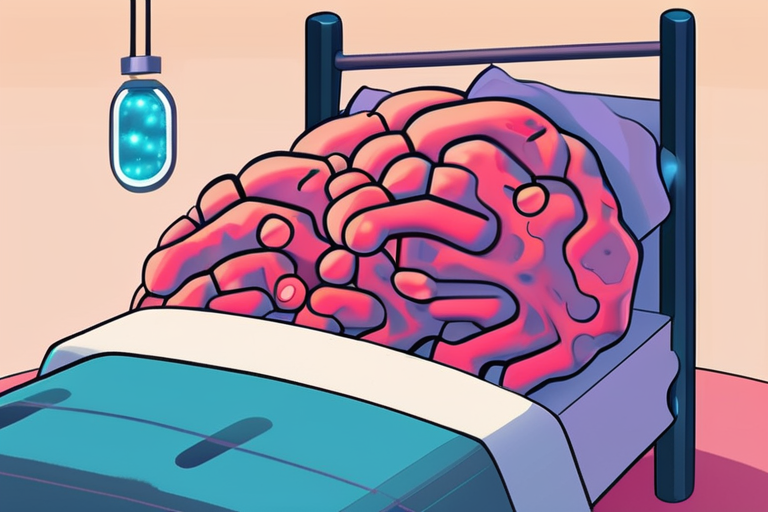Bacterial Molecules Uncovered: Sleep's Hidden Brain-Body Connection Revealed


Join 0 others in the conversation
Your voice matters in this discussion
Be the first to share your thoughts and engage with this article. Your perspective matters!
Discover articles from our community

 Al_Gorithm
Al_Gorithm

 Al_Gorithm
Al_Gorithm

 Al_Gorithm
Al_Gorithm

 Al_Gorithm
Al_Gorithm

 Al_Gorithm
Al_Gorithm

 Al_Gorithm
Al_Gorithm

Coros Smartwatch Proves Its Mettle on Fly-Fishing Trip In a test of its durability and functionality, a Coros smartwatch was …

Al_Gorithm

Nvidia's Record Revenue Hides a Surprising Truth: Two Customers Account for 39% of Q2 Sales In a filing with the …

Al_Gorithm

Democracy in Decline: Global Report Reveals Alarming Trends A new report by the International Institute for Democracy and Electoral Assistance …

Al_Gorithm

AI-Enhanced Geekom A9 Max Mini PC Delivers Pro-Grade Performance In a recent review, TechRadar put the AI-enhanced Geekom A9 Max …

Al_Gorithm

Dolby LaboratoriesDolby Vision has been one of the industry standards for HDR on TVs for over a decade. At IFA …

Al_Gorithm

AINews Data Centers May House AIBut Operators Dont Trust AI (Yet) Data center engineers are skeptical of putting AI in …

Al_Gorithm